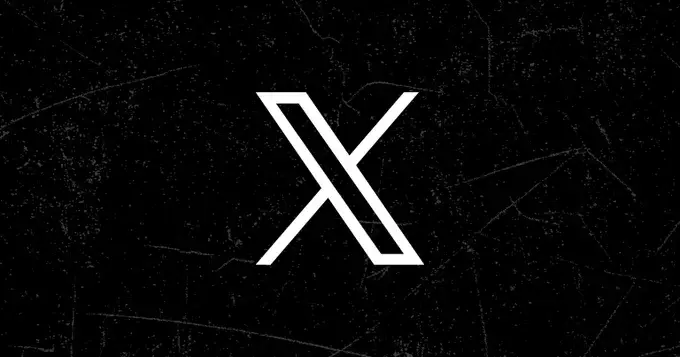The recent ruling by the European Commission regarding X, formerly known as Twitter, has sparked considerable debate about the platform’s viability and influence in the social media landscape. While Elon Musk and his supporters herald this decision as a victory for innovation and free speech, a deeper examination reveals a more sobering truth about the state of X’s relevance and market power in Europe. The Commission’s conclusion that X does not qualify as a “gatekeeper” platform under the EU Digital Markets Act (DMA) is not just a regulatory formality but rather a reflection of X’s diminished stature in the competitive landscape against giants like Meta and TikTok.
Understanding Gatekeeper Designation
To grasp the significance of the EU’s ruling, it is essential to understand what it means to be classified as a gatekeeper. The DMA defines a gatekeeper as a platform that possesses substantial market power, effectively acting as a gateway for business users to reach consumers. Such platforms are held to higher standards, mandating them to allow interoperability with third-party systems, grant business users access to generated data, and facilitate ad performance verification. These regulations aim to foster a level playing field, preventing dominant platforms from squeezing out smaller competitors.
In contrast, X has been evaluated and found lacking in several of these criteria. The EU has determined that X does not have a significant market impact, does not serve as a critical conduit for business access to users, and lacks a long-standing, entrenched market position. This conclusion raises questions about what the future holds for X, especially in a rapidly evolving digital ecosystem.
In quantifying X’s impact, the recent statistics are telling. With just 105 million monthly active users in Europe—down by about 12 million since August 2023—X appears to be experiencing a steady decline in user engagement. For comparison, Meta boasts 250 million users in Europe, and TikTok has captured 142 million monthly active users. These disparities highlight X’s struggles in maintaining relevance amidst fierce competition.
Additionally, the advertising landscape paints a more dismal picture for X. The challenges the platform faces in monetizing its user base are evident, especially when juxtaposed with the robust advertising revenues generated by its rivals. This decline not only signals a diminishing market share but also suggests a waning cultural influence that could lead to further user attrition.
Upon analyzing the situation closely, it becomes apparent that Musk’s portrayal of the EU ruling as a triumph is steeped in irony. While it is true that the non-gatekeeper status frees X from stringent regulations, it simultaneously underscores the platform’s diminished relevance and clout. Musk, who has been vocal against what he perceives as the overreach of bureaucracy, seems to celebrate a position that, rather than affirming X’s prominence, validates its waning influence in a competitive digital space.
This paradox raises fundamental questions about the rhetoric surrounding innovation and free speech. Claiming a victory over regulatory oversight while simultaneously accepting that such scrutiny is unnecessary due to a lack of significant market power evokes a sense of dissonance. It leads one to ponder whether Muck’s pursuit of perceived freedom might ironically contribute to the platform’s ongoing decline.
The European Commission’s ruling on X should serve as a wake-up call for Musk and his team. Rather than viewing the decision through a lens of triumph, it may be more prudent to recognize it as an unsettling reflection of the platform’s current standing in the market. The absence of gatekeeper designation is a marker not just of relief from regulatory burdens, but a grim acknowledgment that X may not be the influential player it once aspired to be.
As the social media realm continues to evolve, the fate of platforms like X lies in their ability to adapt to rapidly shifting user preferences and overcome internal challenges. The real victory, perhaps, lies not in avoiding regulation but in regaining relevance—a goal that seems increasingly elusive for X in today’s hyper-competitive environment.

